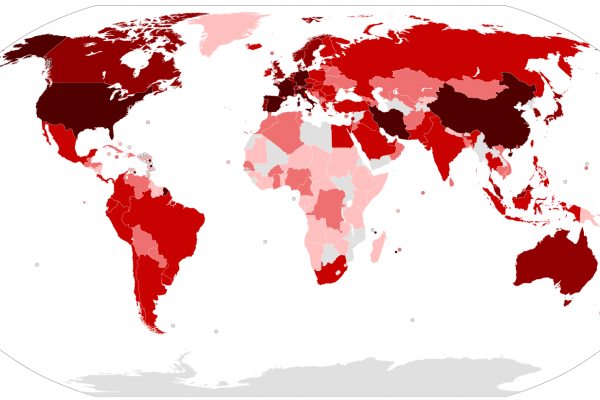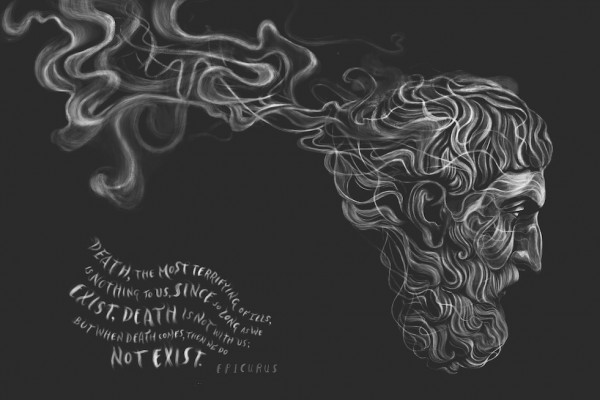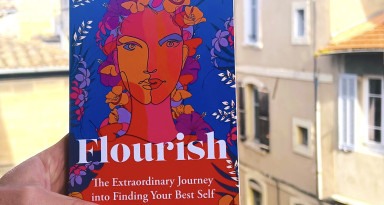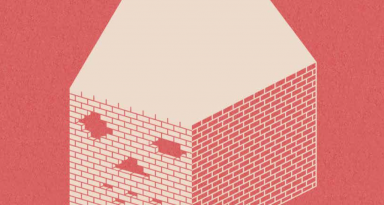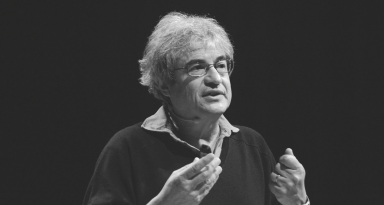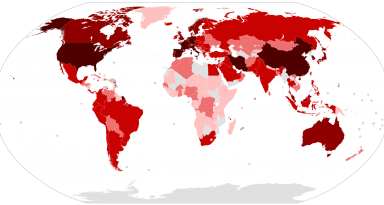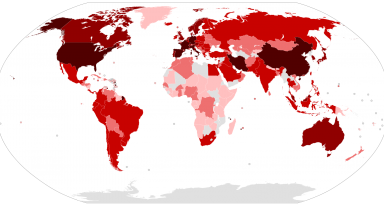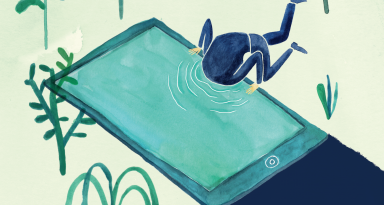We are publishing submissions about the COVID-19 crisis from readers daily on New Philosopher in the hope that it can help us all make sense of what is happening, and as a historical record of how it made us feel. Here are your thoughts, from around the world.
By Greg Latemore, Brisbane, Australia
As a student of human nature, I have been reflecting upon how we as a people and as a nation have been responding to the global coronavirus crisis. It seems to me there we have been witnessing two broad sets responses.
The first set of responses to Covid-19 is supported by a discourse that ‘this is the end-of-days’ (Figure 1). The second set is supported by a discourse that ‘this is a time to show our better selves’ (Figure 2). The first set of behaviours is mostly dysfunctional and short term while the second is more functional and more likely to be sustainable.
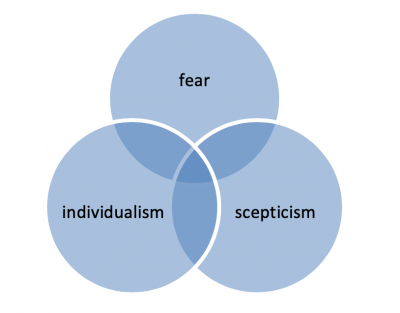
Figure 1: A Set of Dysfunctional Responses to Covid-19
Fear – this is an important human emotion which alerts us in times of danger towards flight or fight responses. However, the sad truth is that when our amygdalae are stimulated, our brains become disengaged. If we remain fearful and don’t address our fear more effectively, we become immobilised. We have seen such irrational fear when desperate shoppers have trampled over others to buy exorbitant qualities of toilet rolls. One blind woman reported her one packet of toilet rolls was stolen from her shopping trolley. These panic-buyers are not hearing that Australia already produces enough toilet paper and food for five times our population. Woolworths now has signs posted in most aisles saying there is a limit of two items per customer, and security guards have been posted outside certain supermarkets. Fear tends to inhibit rational behaviour.
Scepticism – this is doubt about the truth, especially when offered from authority figures. A sceptical attitude believes that knowledge is impossible or at least elusive. Whom do you believe in such a crisis? Conspiracy theories on the Web question the severity and spread of this virus. Thousands flock to Florida and Bondi beaches in a cavalier disregard for warnings from political authorities. When trust in our political leaders and institutions is already low, in times of crisis, scepticism becomes evident.
Individualism – this is a viewpoint where my basic needs ‘to acquire’ and ‘to defend’ are prime and more important than yours. The higher human needs ‘to connect’ with others and to foster community life are suppressed or denied when individualism is high. Because of this self-interest, big supermarkets have had to initiate an early hour for the elderly and people with disabilities. Some people who have initiated scams during the spread of the coronavirus, who have profiteered from others’ desperation, or who have driven to pharmacies in other towns to buy hand sanitiser, are examples of this rampant individualism and unenlightened self-interest. This shows the darkest side of our human nature. As our PM rightly urges these people, ‘stop it’.
In the face of this trilogy of dysfunctional responses, perhaps a set of alternate responses can be adopted and reinforced?
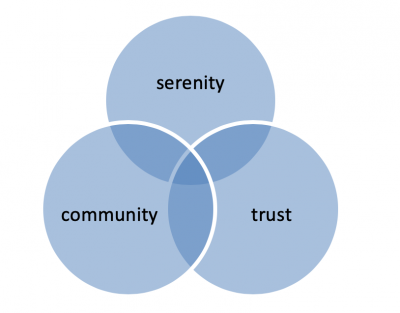
Figure 2: A Set of Functional Responses to Covid-19
Serenity – this is not pure fatalism or helpless resignation in the face of reality. Serenity is a conscious perspective towards known reality, where centredness and balance is sought. The celebrities who have shown how they are spending their ‘self-isolation’ is a good example of this calmness, or the comedians who have recorded such things as ‘The Ballad of Dunny Roll’ to keep us amused are examples of this good-natured (and humorous) serenity in action.
Trust – this is the positive expectation that another person will not act opportunistically to benefit their own self-interest. Trust is the very foundation of leadership. Scholars also highlight elements of trust as: honesty and truthfulness; being competent; being consistent; being open when required; and being loyal. Just as we trusted and respected the fire-fighters during the tragic bushfires, now we are witnessing high levels of trust in our medical experts. Professor Brendan Murphy and his State counterparts are being perceived to be more credible than our politicians who are [thankfully] taking their advice and trusting their expertise in handling a pandemic. We also need to trust each other that we will each do the right thing - wash your hands, and cover your sneeze!
Community – it is helpful to remember that the derivation of this word means to ‘join with or together’. The community is the source and summit of our human well-being. We draw from it and are also nourished by it when we ‘give back’. Communities are sustained by generosity of spirit and reciprocity. The children who bought toilet rolls with their own pocket money and gave them to the older people in their street are examples of this community spirit in action. Volunteers who are now adopting a nurse or a café to help them stay productive are also great examples of our working in solidarity for the common good.
So my key message is this: let’s be more aware of our initial – albeit understandable – dysfunctional responses to Covid-19 and try to cultivate more functional responses during this ongoing crisis.
To be a little self-indulgent in concluding (as I have written my PhD thesis about this) - during these post-coronavirus times, might I suggest that we need to recognise and address other human needs such as to connect, to inquire, to transform and to serve as reflected in a more person-centred ontology of us as humans? We are not just valuable assets but are valued persons with dignity and deeper needs for selfhood and community. We are not just human resources but resourceful humans. Let’s show our true human mettle and how resourceful we can be at this time. We are a people with both ancient and pioneering heritages – let’s show what we can do together to get through this.
Notwithstanding the significant and tragic loss of life around the world due to Covid-19, there might be some aspects of this crisis that we ‘had to have’ (to paraphrase Paul Keating on the recession in 1990). Didn’t Cicero say that all we need to be happy is books and a garden? Now is an unwitting opportunity for us as a nation and as a people to think about what is really important to us, to spend more precious time with our families, and to care more for others within our communities.
Greg Latemore is a lecturer in human resource management (HRM) at Australian Catholic University and Queensland University of Technology and an Industry Fellow at The University of Queensland Business School. He submitted his PhD in HRM in December 2019.
